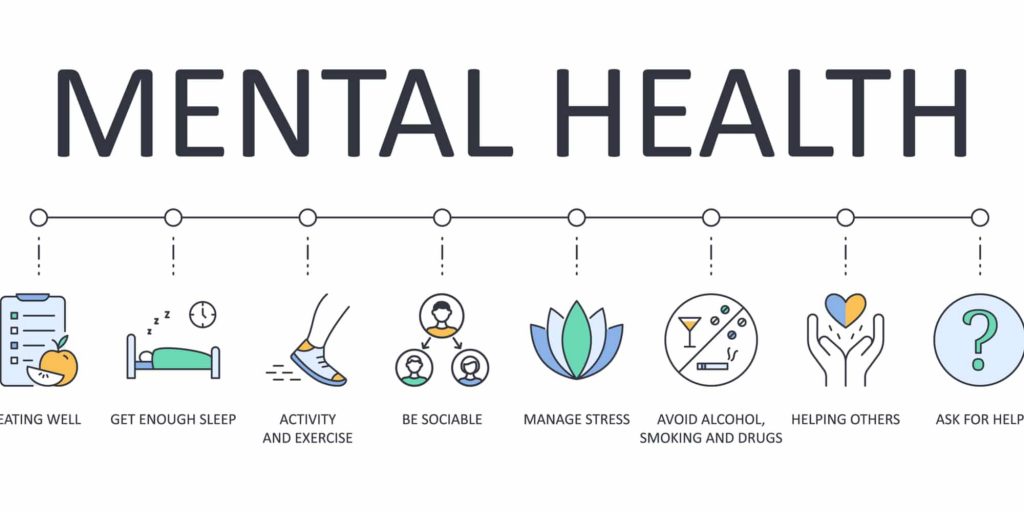Contents
Images References :
When it comes to securing the financial future of your loved ones, life insurance is a crucial consideration. Two common types of life insurance policies are term life insurance and whole life insurance. Each policy offers distinct features, benefits, and costs, making it essential to understand their differences before making a decision.
Term life insurance provides coverage for a specific period, typically ranging from 10 to 30 years. It is a more affordable option compared to whole life insurance, making it suitable for individuals seeking temporary coverage or those on a budget. However, once the policy term expires, coverage ceases, and no cash value accumulates.
In contrast, whole life insurance provides coverage for the entire life of the insured individual. It also has a cash value component that grows over time, offering additional financial benefits. However, whole life insurance premiums are typically higher than term life insurance premiums, making it a more expensive option.
Comparing term life vs. whole life insurance policies
To help you make an informed decision, here’s a quick comparison of the key differences between term life and whole life insurance policies:
- Coverage period: Term life insurance provides coverage for a specific period, while whole life insurance provides coverage for the entire life of the insured.
This is just one of the many factors to consider when choosing between term life and whole life insurance. It’s important to carefully evaluate your individual needs and financial situation to determine which type of policy is right for you.
Coverage period: Term life insurance provides coverage for a specific period, while whole life insurance provides coverage for the entire life of the insured.
The coverage period is a key difference between term life and whole life insurance policies. Term life insurance provides coverage for a specific period, such as 10, 20, or 30 years. Once the policy term expires, coverage ceases, and no cash value accumulates.
- Advantage of term life insurance: Term life insurance is typically more affordable than whole life insurance, making it a suitable option for individuals seeking temporary coverage or those on a budget.
- Disadvantage of term life insurance: Once the policy term expires, coverage ends, and there is no cash value to fall back on.
- Advantage of whole life insurance: Whole life insurance provides coverage for the entire life of the insured, providing peace of mind and financial security for their loved ones.
- Disadvantage of whole life insurance: Whole life insurance premiums are typically higher than term life insurance premiums, making it a more expensive option.
When choosing between term life and whole life insurance, it’s important to consider your individual needs and financial situation. If you need temporary coverage at an affordable cost, term life insurance may be a suitable option. However, if you want lifelong coverage and the added benefit of a cash value component, whole life insurance may be a better choice.
FAQ
Here are some frequently asked questions about term life vs. whole life insurance policies:
Question 1: Which type of life insurance is right for me?
The best type of life insurance for you depends on your individual needs and financial situation. If you need temporary coverage at an affordable cost, term life insurance may be a suitable option. However, if you want lifelong coverage and the added benefit of a cash value component, whole life insurance may be a better choice.
Question 2: How much life insurance do I need?
The amount of life insurance you need depends on several factors, including your income, debts, family size, and financial goals. A good starting point is to aim for coverage that is equal to 10-15 times your annual income.
Question 3: What is the difference between a term life insurance policy and a whole life insurance policy?
Term life insurance provides coverage for a specific period, such as 10, 20, or 30 years. Once the policy term expires, coverage ceases, and no cash value accumulates. Whole life insurance, on the other hand, provides coverage for the entire life of the insured, and it also has a cash value component that grows over time.
Question 4: Which type of life insurance is more expensive?
Whole life insurance is typically more expensive than term life insurance. This is because whole life insurance provides lifelong coverage and has a cash value component. Term life insurance, on the other hand, provides coverage for a specific period and does not have a cash value component.
Question 5: Can I convert a term life insurance policy to a whole life insurance policy?
Yes, it is possible to convert a term life insurance policy to a whole life insurance policy. However, this is not always possible, and it may come with additional costs and fees. It’s important to check with your insurance provider to see if this option is available.
Question 6: What happens if I outlive my term life insurance policy?
If you outlive your term life insurance policy, coverage will cease, and you will no longer have any financial protection. If you are concerned about outliving your policy, you may want to consider purchasing a whole life insurance policy, which provides coverage for the entire life of the insured.
These are just a few of the most frequently asked questions about term life vs. whole life insurance policies. If you have any other questions, it’s important to speak with an insurance agent or financial advisor to get personalized advice.
Now that you have a better understanding of the differences between term life and whole life insurance, you can start to make an informed decision about which type of policy is right for you. Remember to consider your individual needs and financial situation, and don’t hesitate to seek professional advice if you have any questions.
Tips
Here are a few tips to help you compare term life vs. whole life insurance policies and make an informed decision:
Tip 1: Consider your budget. Term life insurance is typically more affordable than whole life insurance, making it a good option if you are on a tight budget. However, whole life insurance may be a better choice if you want lifelong coverage and the added benefit of a cash value component.
Tip 2: Think about your future financial goals. If you have long-term financial goals, such as paying for your children’s education or retiring early, whole life insurance may be a better choice. The cash value component of a whole life insurance policy can grow over time, providing you with a source of funds for future expenses.
Tip 3: Compare quotes from multiple insurance companies. Don’t just go with the first insurance company you find. Take the time to compare quotes from multiple companies to ensure you are getting the best possible deal.
Tip 4: Speak with an insurance agent or financial advisor. If you are still unsure which type of life insurance policy is right for you, speak with an insurance agent or financial advisor. They can help you assess your individual needs and financial situation and recommend the best policy for you.
By following these tips, you can compare term life vs. whole life insurance policies and make an informed decision about which type of policy is right for you.
Now that you have a better understanding of the differences between term life and whole life insurance, you can start to make an informed decision about which type of policy is right for you. Remember to consider your individual needs and financial situation, and don’t hesitate to seek professional advice if you have any questions.
Conclusion
Term life insurance and whole life insurance are two common types of life insurance policies that offer distinct features and benefits. Term life insurance provides coverage for a specific period, typically ranging from 10 to 30 years, and is typically more affordable than whole life insurance. Whole life insurance, on the other hand, provides coverage for the entire life of the insured and also has a cash value component that grows over time.
The best type of life insurance for you depends on your individual needs and financial situation. If you need temporary coverage at an affordable cost, term life insurance may be a suitable option. However, if you want lifelong coverage and the added benefit of a cash value component, whole life insurance may be a better choice.
When comparing term life vs. whole life insurance policies, it’s important to consider the following factors:
- Coverage period: Term life insurance provides coverage for a specific period, while whole life insurance provides coverage for the entire life of the insured.
- Cost: Term life insurance is typically more affordable than whole life insurance.
- Cash value: Whole life insurance has a cash value component that grows over time, while term life insurance does not.
By carefully considering these factors, you can make an informed decision about which type of life insurance policy is right for you. Remember to speak with an insurance agent or financial advisor if you have any questions or need help comparing policies.
Ultimately, the goal of life insurance is to provide financial protection for your loved ones in the event of your death. By choosing the right policy, you can ensure that your family is taken care of, no matter what.




